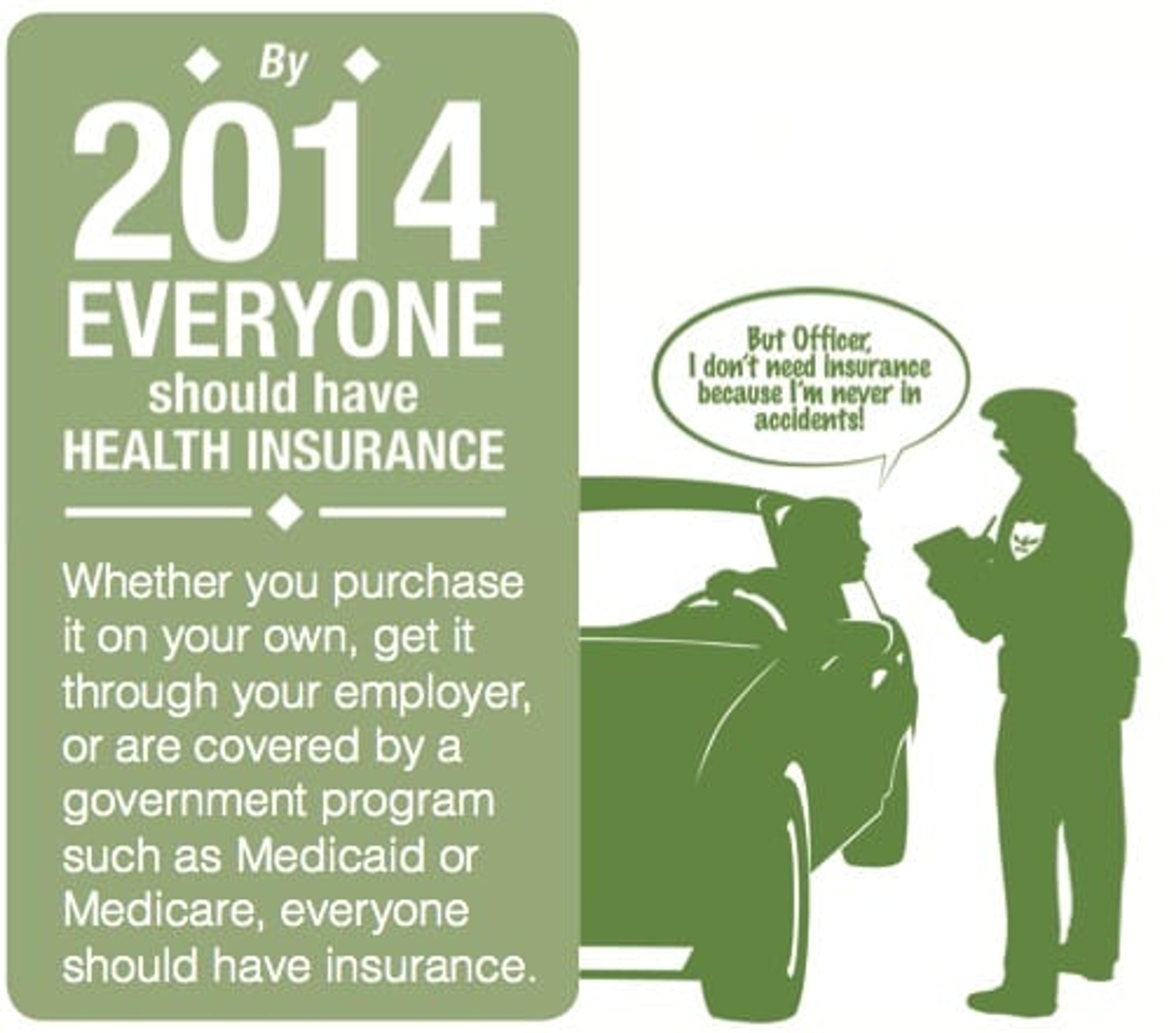So what if I don’t get health insurance?
bcbsm
| 2 min read

If you’re uninsured now, you may be wondering what happens if you choose not to purchase insurance in 2014. The Individual Shared Responsibility Fee, or the Individual Mandate Fee, penalizes individuals who do not obtain minimum essential coverage or do not have an exemption from the requirement. The penalty for noncompliance increases incrementally over the next 3 years:
- 2014: $95 per adult (up to $285 per family) or 1% of family income, whichever is greater
- 2015: $325 per adult (up to $975 per family) or 2% of family income, whichever is greater
- 2016: $695 per adult (up to $2,085 per family) or 2.5% of family income, whichever is greater
In certain situations, exemptions can be made so you won’t have to pay a penalty for not having insurance. Exemptions are available in the following cases:
- You’re uninsured for less than 3 months of the year.
- The lowest-priced coverage available to you would cost more than 8% of your household income.
- You don’t have to file a tax return because your income is too low.
- You’re a member of a federally recognized tribe or eligible for services through an Indian Health Services provider.
- You’re a member of a recognized health care sharing ministry.
- You’re a member of a recognized religious sect with religious objections to insurance, including Social Security and Medicare.
- You’re incarcerated, and not awaiting the disposition of charges against you
- You’re not lawfully present in the U.S.
- You experienced a hardship, such as bankruptcy or the death of a family member, which prevented you from being insured.
For a full list of hardship exemptions, or for more information on how to apply for an exemption, visit Healthcare.gov/exemptions.





